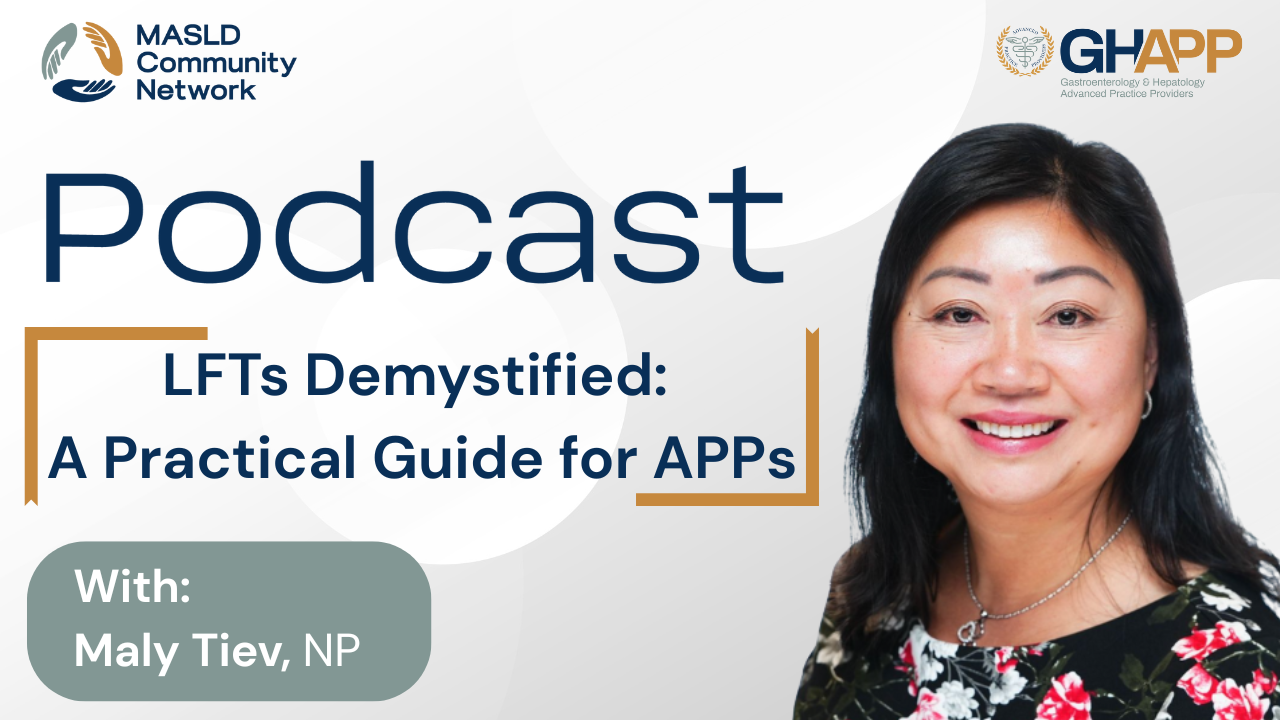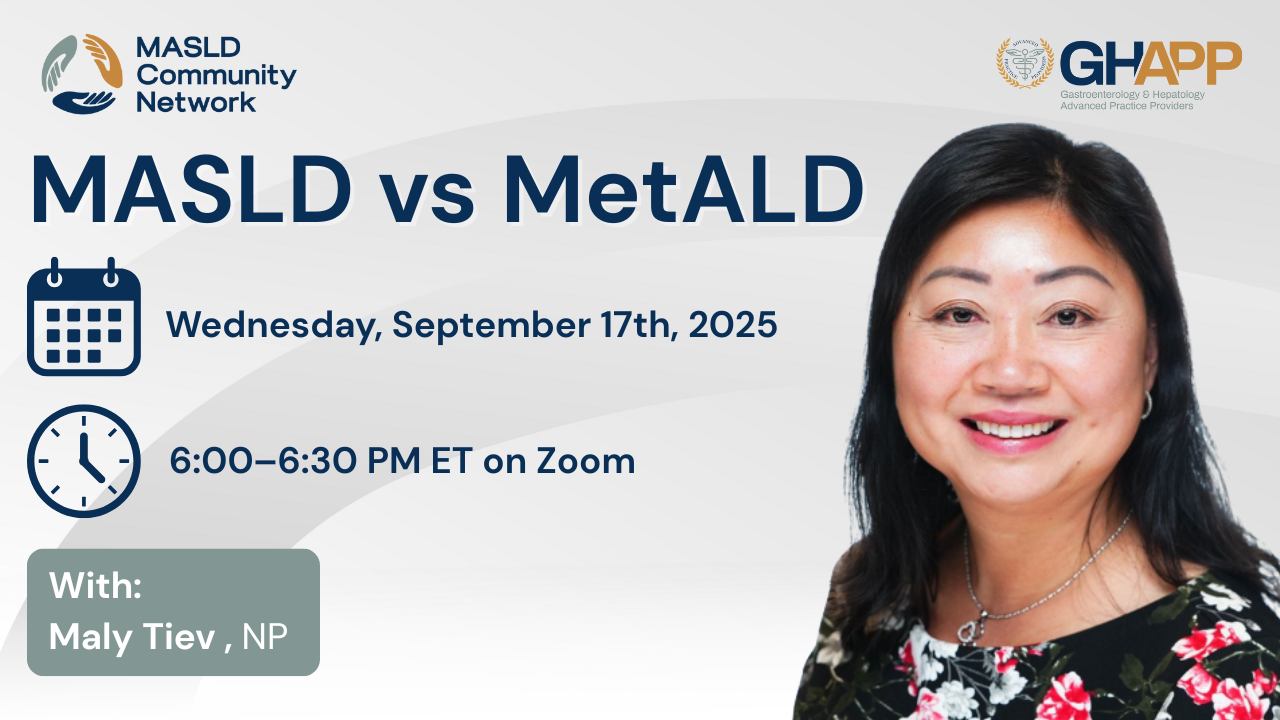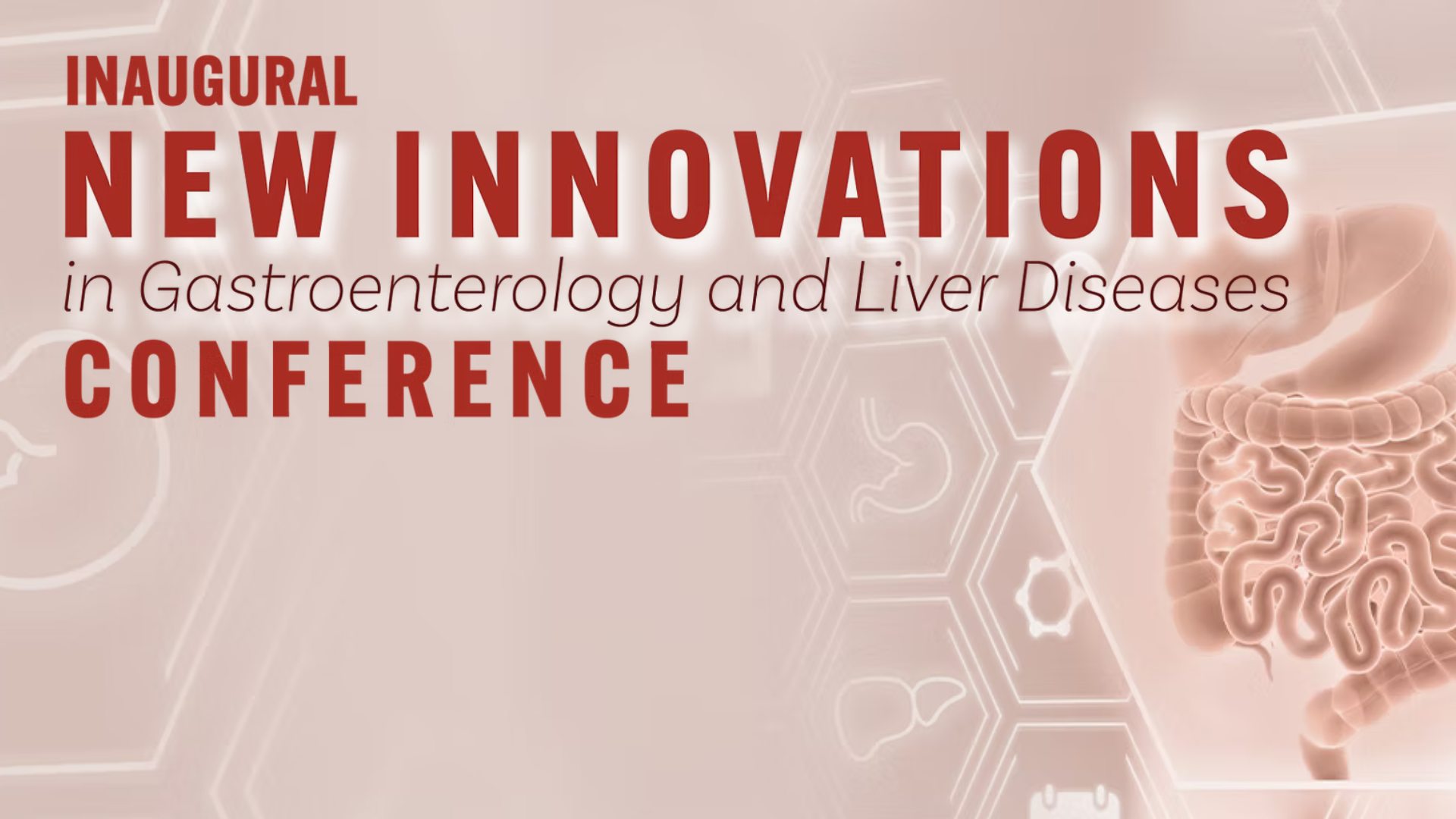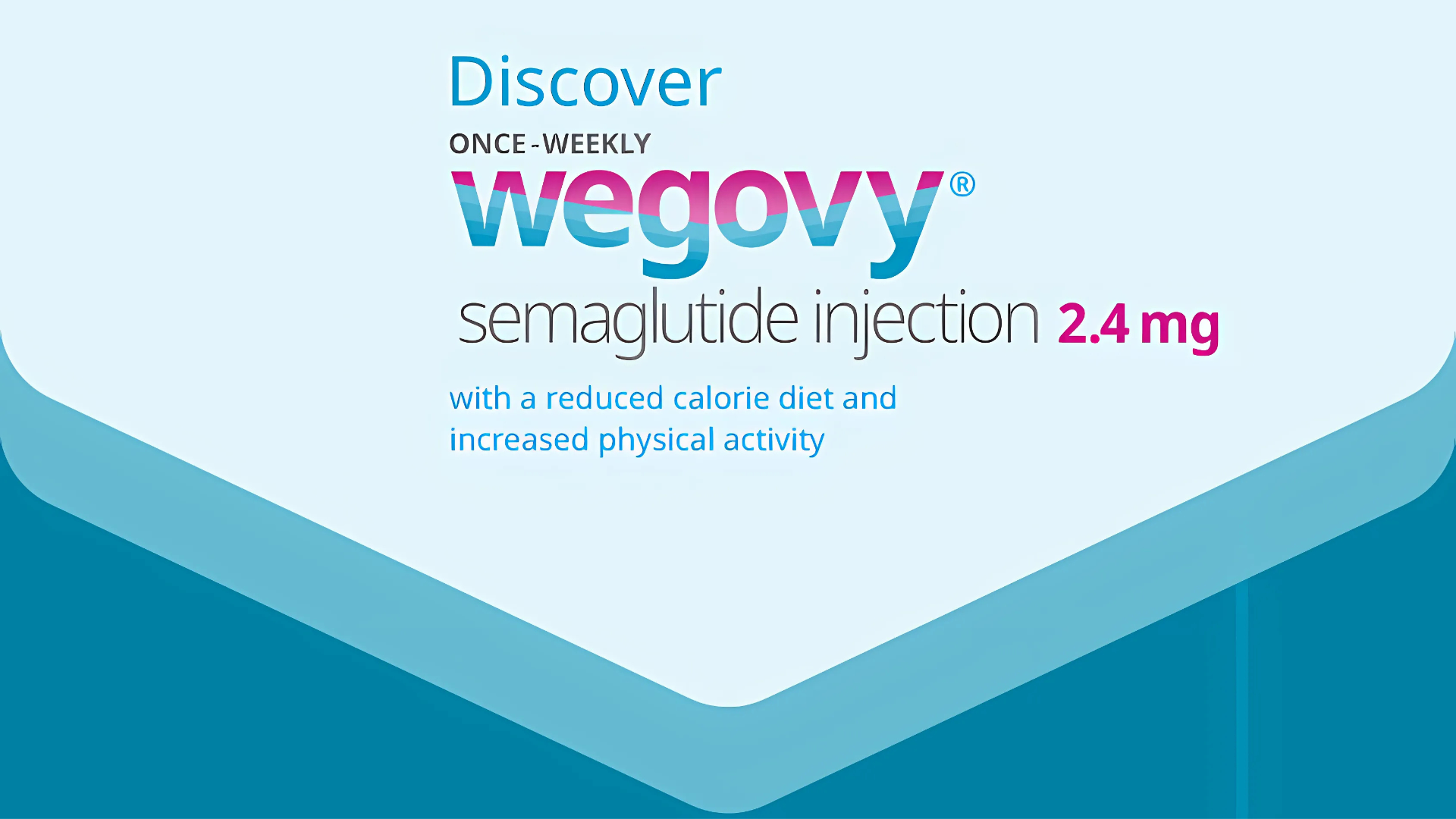
Maly Tiev
NP
Location : New York, NY, USA
BIO
Maly Tiev, RN, MSN, ANP-BC is a seasoned Adult Nurse Practitioner with over 25 years of clinical and research experience in hepatology. She currently serves as the Administrative Nurse Practitioner Coordinator at NYU Langone Health, where she leads advanced care for patients with complex liver diseases including MASLD/MASH, PBC, PSC, AIH, viral hepatitis, liver cancer, and pre-liver transplantation.
Maly has held pivotal roles at leading institutions such as Northwell Health and has served as a Medical Science Liaison for Mirum and Intercept Pharmaceuticals supporting clinical research, education, and strategic stakeholder engagement.
A nationally recognized speaker and educator, she has contributed as a sub-investigator to over 70 clinical trials and remains an active voice in liver disease management. Maly frequently speaks at national and regional conferences and has coauthored multiple abstracts presented at AASLD, DDW, and ACG.
Passionate about bridging clinical practice with innovation, she continues to mentor emerging providers and serves on several advisory boards across the hepatology space. Maly earned both her BSN and MSN in Adult Nurse Practitioner from Adelphi University.
MASLD-MASH Content Featuring Maly

Common Questions From Primary Care Providers About MASH

Join Maly Tiev, NP, NYU Langone Health, as she answers common questions from primary care providers about Metabolic Dysfunction-Associated Steatohepatitis (MASH). Learn who should be screened based on AASLD and American Diabetes Association guidelines, including patients with obesity, pre-diabetes or diabetes, metabolic syndrome, persistent ALT elevation, or steatosis on imaging. Molly explains when to refer MASH patients to gastroenterology or hepatology—such as those with FIB-4 scores over 1.3, suspected advanced fibrosis, or unexplained liver enzyme elevations—and addresses the safety of prescribing statins in MASH. Backed by multiple studies, she emphasizes that statins do not increase liver injury risk and can significantly reduce cardiovascular mortality, the leading cause of death in this population. This session provides practical, evidence-based guidance to help clinicians improve MASH detection, optimize referrals, and manage cardiovascular risk safely.
Watch Now

Management of Life Style Modification

This video focuses on the comprehensive management of patients with metabolic-associated steatohepatitis (MASH), emphasizing lifestyle modifications, dietary adjustments, and exercise strategies. Key topics include the importance of addressing risk factors like diet, exercise habits, and alcohol intake, as well as referrals to medically supervised weight loss clinics or bariatric surgery for advanced cases. The speaker highlights the benefits of the Mediterranean diet, intermittent fasting, and avoiding ultra-processed foods while discussing the role of resistance training to combat sarcopenia and maintain muscle mass. Practical advice and tailored recommendations ensure a holistic approach to managing MASH and improving patient outcomes.
Watch Now

Third Step of Life Style Management

This video provides a comprehensive overview of emerging pharmacologic treatments for metabolic-associated steatohepatitis (MASH) and their tailored applications based on patient profiles. Topics include FDA-approved therapies, drugs in advanced clinical trials (such as semaglutide and lanifibranor), and the potential for combination treatments targeting both steatohepatitis and fibrosis. The speaker emphasizes the importance of patient-specific approaches considering metabolic profiles, obesity, and diabetes status, alongside lifestyle interventions. Additionally, the video discusses the evolving interdisciplinary care model and highlights the exciting progress in non-invasive testing and treatment advancements for F2-F3 fibrosis.
Watch Now

Approved Medication for MASH/NASH

This video provides detailed guidance on selecting and monitoring patients for emerging therapies targeting advanced fibrosis (F2-F3) in NASH. Key topics include contraindications for patients with cirrhosis, considerations for concomitant medications, and dose adjustments for statins. The video outlines ideal candidates based on specific thresholds for VCTE, MRE, ELF scores, and other non-invasive tests while emphasizing the importance of ruling out portal hypertension and other liver diseases. It also reviews a stepwise monitoring approach, focusing on tolerability at three months and efficacy assessments at six and twelve months, with an emphasis on histologic and non-invasive test improvements.
Watch Now

Types of Diet for the Treatment of MASLD

This video explores comprehensive strategies for managing metabolic-associated steatohepatitis (MASH), focusing on fibrosis risk stratification, lifestyle modifications, and pharmacologic interventions. Learn about dietary recommendations like the Mediterranean diet, exercise guidelines emphasizing resistance training, and the role of intermittent fasting and processed food avoidance. The video also highlights weight loss targets, diabetes management, and emerging therapies such as GLP-1 receptor agonists and bariatric surgery, all aimed at improving liver health and patient outcomes.
Watch Now

NITs to Identify High Risk MASH Patients

Explore advancements in non-invasive diagnostics and risk stratification for liver fibrosis and MASH. This video highlights tools like FIB-4, transient elastography, and innovative scoring systems (e.g., FAST and Agile) to identify and predict outcomes for high-risk patients. Learn about serum biomarkers, updated guidelines, and the role of lifestyle interventions alongside targeted therapies for managing metabolic risks and advancing care in hepatology.
Watch Now

Non-Invasive Testing With Maly Tiev

Maly Tiev, NP, NYU Langone Health, shares a practical, case-based walkthrough of non-invasive testing (NITs) for MASLD/MASH—showing how to move from initial risk identification to confident staging and follow-up without a biopsy in most patients. Using Albert’s case, a 65-year-old with steatosis and mild ALT elevation, she explains how to apply FIB-4 first, then layer in FibroScan/VCTE with Liver Stiffness (kPa) and CAP for fat quantification, plus when to order ELF or MRI elastography. You’ll learn reliability checks for FibroScan, common confounders, insurance/operational tips for MRE, and an easy algorithm for primary care/endocrine clinics: start with FIB-4 → triage by cutoffs → use VCTE/ELF → refer when intermediate or high risk. She closes with clear next steps for low-risk patients—lifestyle modification, cardiometabolic optimization, and repeating NITs in 2–3 years—and when to escalate to hepatology for advanced disease.
Watch Now

Comparing F3 and F4 Fibrosis With Maly Tiev

Maly Tiev, NP, reviews two real-world cases to explain the critical differences between F3 advanced fibrosis and F4 cirrhosis in patients with MASLD/MASH, and how accurate staging changes treatment, prognosis, and surveillance strategies. Using non-invasive tests (NITs) such as FIB-4, FibroScan/Liver Stiffness (kPa), CAP, and the ELF test, she demonstrates how concordant results can guide management without biopsy, when discordant results may require further imaging or histology, and why platelet count and bilirubin trends are key for identifying cirrhosis. For patients with F3, Maly highlights the importance of lifestyle modification with 7–10% weight loss, diet and exercise counseling, optimization of type 2 diabetes and lipid control, potential use of GLP-1 therapy, and when resmetirom (FDA-approved for MASH with F2–F3 fibrosis) may be considered, along with repeat NITs for monitoring. For patients with F4, management shifts to cirrhosis care, including twice-yearly HCC surveillance (ultrasound ± AFP), variceal screening guided by liver stiffness and platelet thresholds, and strict emphasis on alcohol avoidance and cardiometabolic risk reduction, noting that resmetirom is not used in cirrhotic patients. This case-based discussion provides clinicians, APPs, and hepatology teams with practical tools to approach staging, risk stratification, and surveillance in MASLD/MASH.
Watch Now

LFTs Demystified: A Practical Guide for APPs

Join Maly Tiev, NP at NYU Langone Health, for this essential educational session on demystifying liver function tests (LFTs), brought to you by the GHAPP MASLD Community Network. In this video, Maly explains how to interpret ALT, AST, alkaline phosphatase, GGT, bilirubin, albumin, INR, and platelet counts in the context of MASLD (Metabolic Dysfunction-Associated Steatotic Liver Disease) and MASH (Metabolic Steatohepatitis). Learn why elevated liver enzymes are not always present in MASH, how to distinguish between different causes of abnormal LFTs—including alcohol-related liver disease, viral hepatitis, and drug-induced liver injury—and how serial LFT monitoring can indicate treatment response or disease progression. Discover the importance of using non-invasive tools for fibrosis risk stratification, the role of platelets as a key marker, and how a deeper understanding of synthetic function tests can help identify cirrhosis earlier. Whether you're a clinician or a patient looking to understand the lab work behind fatty liver disease, this presentation offers practical insights for interpreting LFTs with confidence.
Watch Now
FAQ's

Common Questions From Primary Care Providers About MASH

Join Maly Tiev, NP, NYU Langone Health, as she answers common questions from primary care providers about Metabolic Dysfunction-Associated Steatohepatitis (MASH). Learn who should be screened based on AASLD and American Diabetes Association guidelines, including patients with obesity, pre-diabetes or diabetes, metabolic syndrome, persistent ALT elevation, or steatosis on imaging. Molly explains when to refer MASH patients to gastroenterology or hepatology—such as those with FIB-4 scores over 1.3, suspected advanced fibrosis, or unexplained liver enzyme elevations—and addresses the safety of prescribing statins in MASH. Backed by multiple studies, she emphasizes that statins do not increase liver injury risk and can significantly reduce cardiovascular mortality, the leading cause of death in this population. This session provides practical, evidence-based guidance to help clinicians improve MASH detection, optimize referrals, and manage cardiovascular risk safely.
Watch Now













